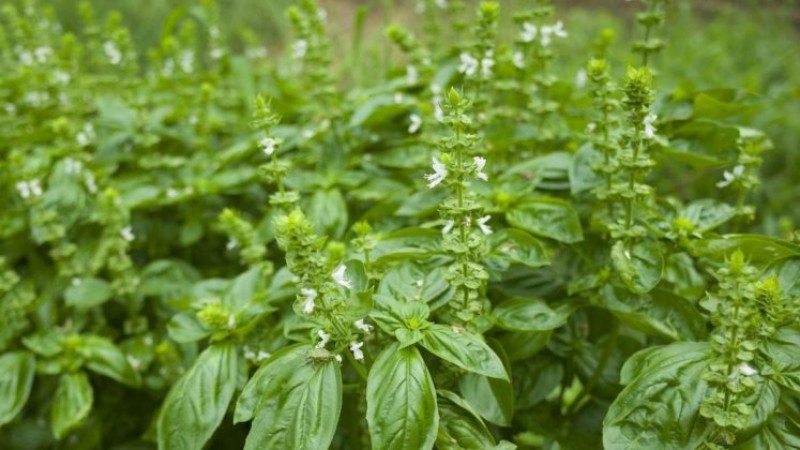
In today's world, where health is paramount, exploring natural remedies for protection against infectious diseases is gaining momentum. One such herb that has piqued interest for its potential health benefits is basil. Known for its delightful aroma and culinary uses, basil, scientifically termed Ocimum basilicum, might hold the key to bolstering our immune systems and safeguarding against infectious diseases.
Before delving into the potential protective qualities of basil, let's get to know this versatile herb a little better.
Basil has a rich history dating back thousands of years. It is believed to have originated in India, where it was revered as the "King of Herbs." Its use later spread to various cultures around the world, each adopting it for its unique culinary and medicinal properties.
There are several varieties of basil, each with its distinctive flavor and aroma. The most common types include Sweet Basil, Thai Basil, and Holy Basil (Tulsi), each with its own set of health benefits.
Now, let's explore how basil can be a powerful ally in fortifying our immune system.
Basil is packed with antioxidants, including flavonoids, polyphenols, and essential oils. These antioxidants help combat free radicals in the body, reducing oxidative stress and supporting overall health.
Basil is a natural source of essential vitamins and minerals such as vitamin K, vitamin A, and iron. These nutrients play a vital role in maintaining a strong immune system.
Chronic inflammation can weaken the immune system. Basil contains compounds like eugenol that exhibit potent anti-inflammatory properties, which may help prevent inflammation-related diseases.
Studies have suggested that basil extracts possess antibacterial and antiviral properties. These properties could potentially help in fighting off various infectious agents.
Now that we understand basil's immune-boosting potential, let's explore practical ways to include it in our daily lives.
The most common way to enjoy basil is by incorporating it into your culinary creations. Fresh basil leaves can be used in salads, pasta, pizza, and various sauces, adding flavor and nutrition to your dishes.
Basil tea, often made from Holy Basil (Tulsi), is a soothing beverage known for its potential health benefits. It's easy to prepare and can be enjoyed daily.
For those who may not have access to fresh basil, supplements in the form of capsules or extracts are available, providing a convenient way to reap the herb's benefits.
While basil offers numerous advantages, it's essential to exercise caution and be aware of potential considerations.
Some individuals may be allergic to basil. If you experience any adverse reactions, such as skin rashes or respiratory issues, discontinue use and consult a healthcare professional.
Basil supplements may interact with certain medications. It's advisable to consult with a healthcare provider, especially if you are on prescription drugs.
In conclusion, basil, with its array of antioxidants, vitamins, and potential anti-inflammatory, antibacterial, and antiviral properties, holds promise as a natural means to boost immunity and protect against infectious diseases. However, it is not a standalone solution but can complement a healthy lifestyle and balanced diet. As with any natural remedy, it's crucial to approach basil with informed moderation and consult with a healthcare professional when necessary. When incorporated thoughtfully, basil can become a valuable part of your journey towards a healthier and more resilient immune system.
Jugaadya Madhava Temple is one of the 52 Shaktipeeths
If you are thinking of going trekking then these are the best treks of India...book today only
Railway Extends Special Train Services on These Routes, Check Details Here